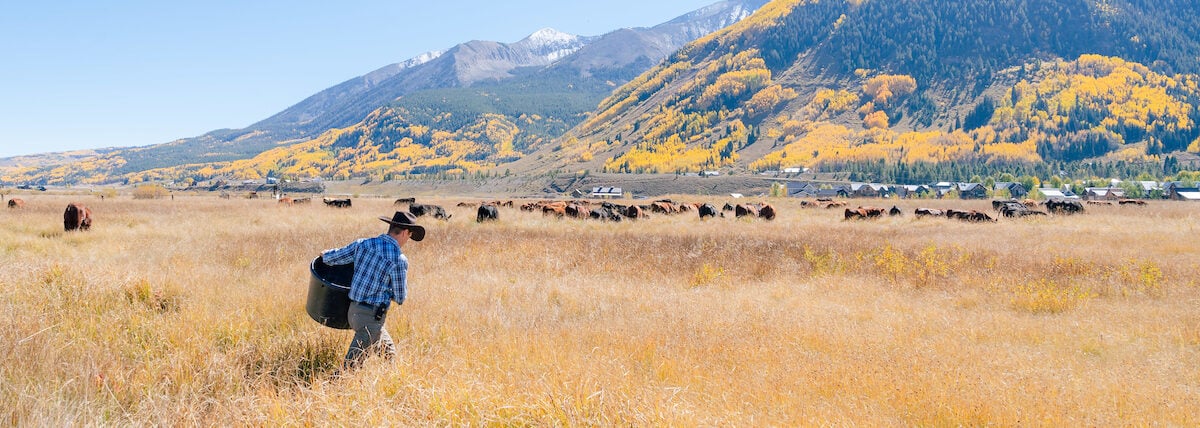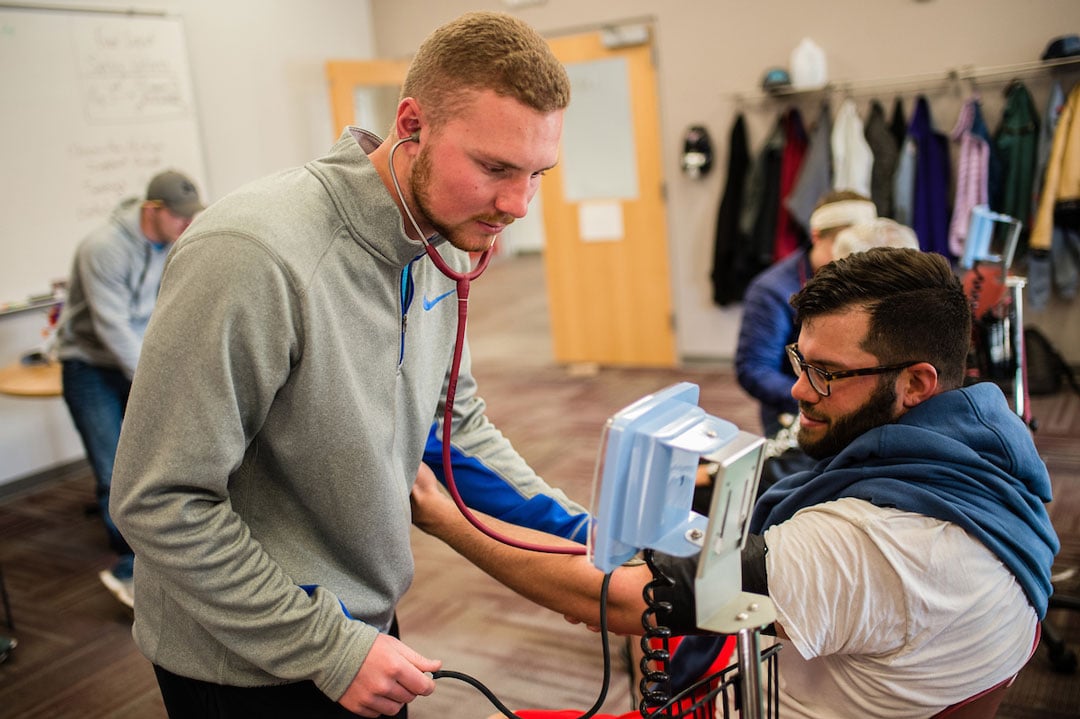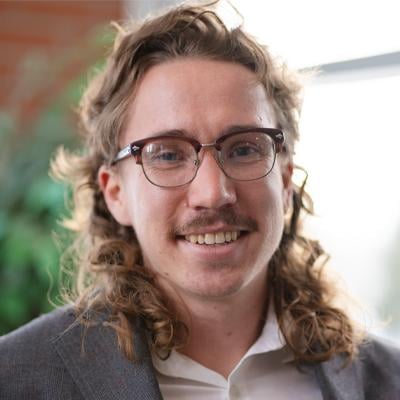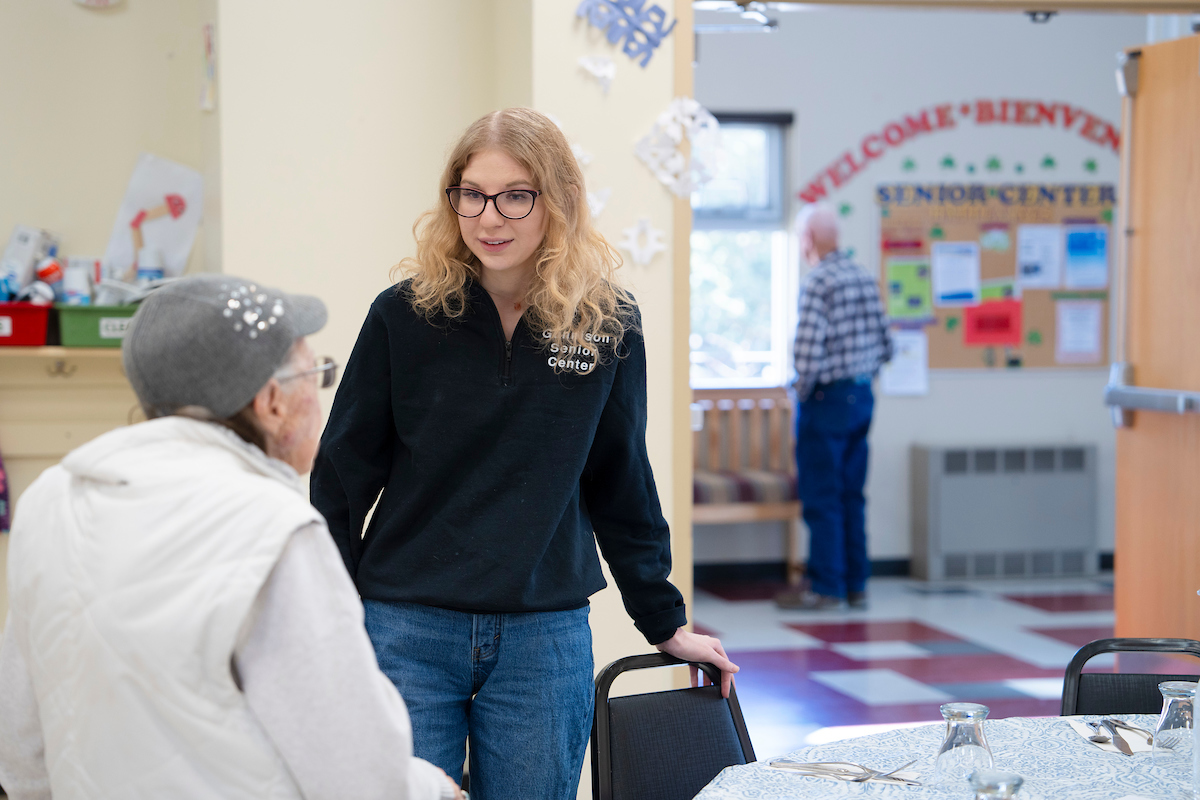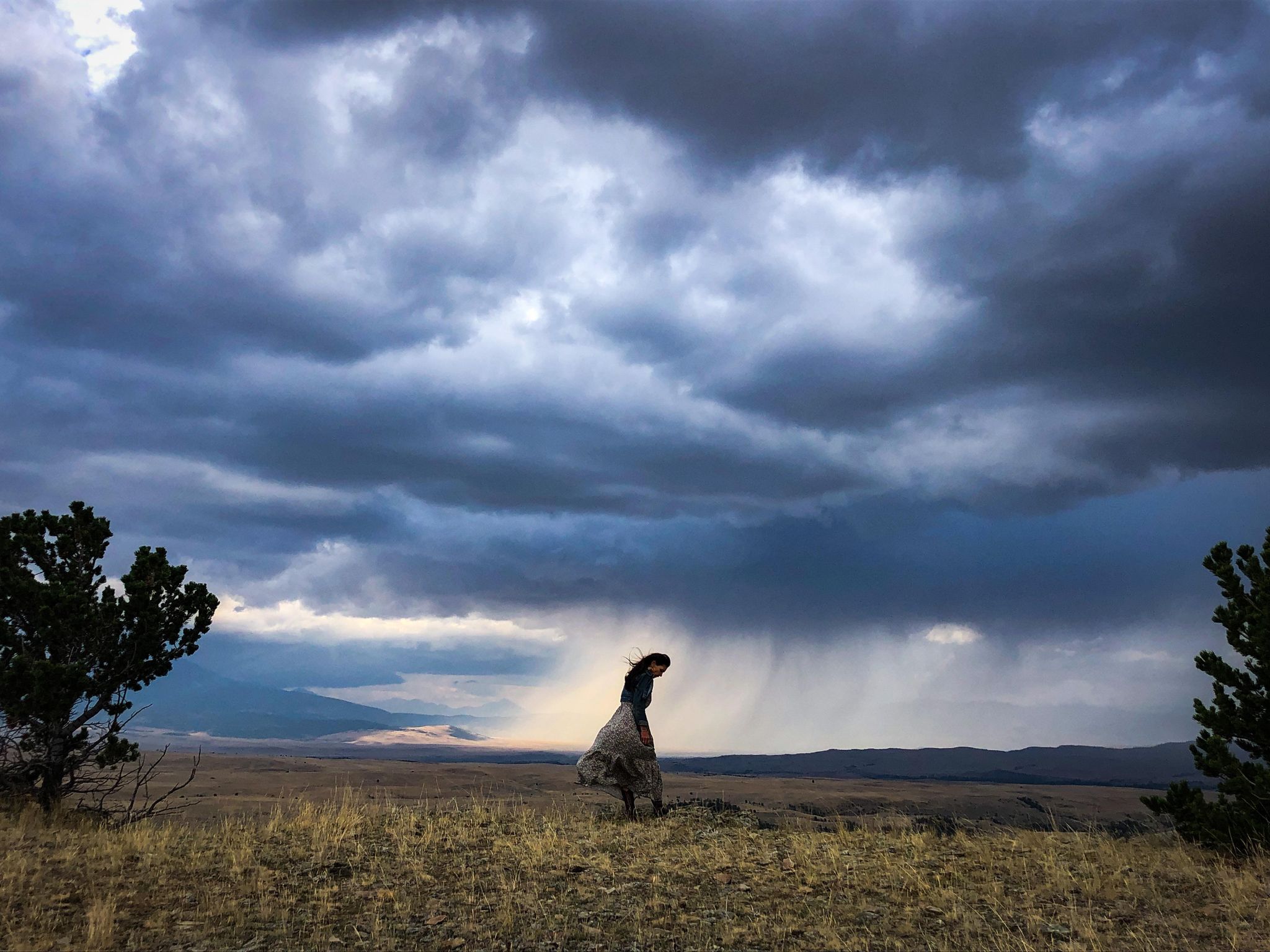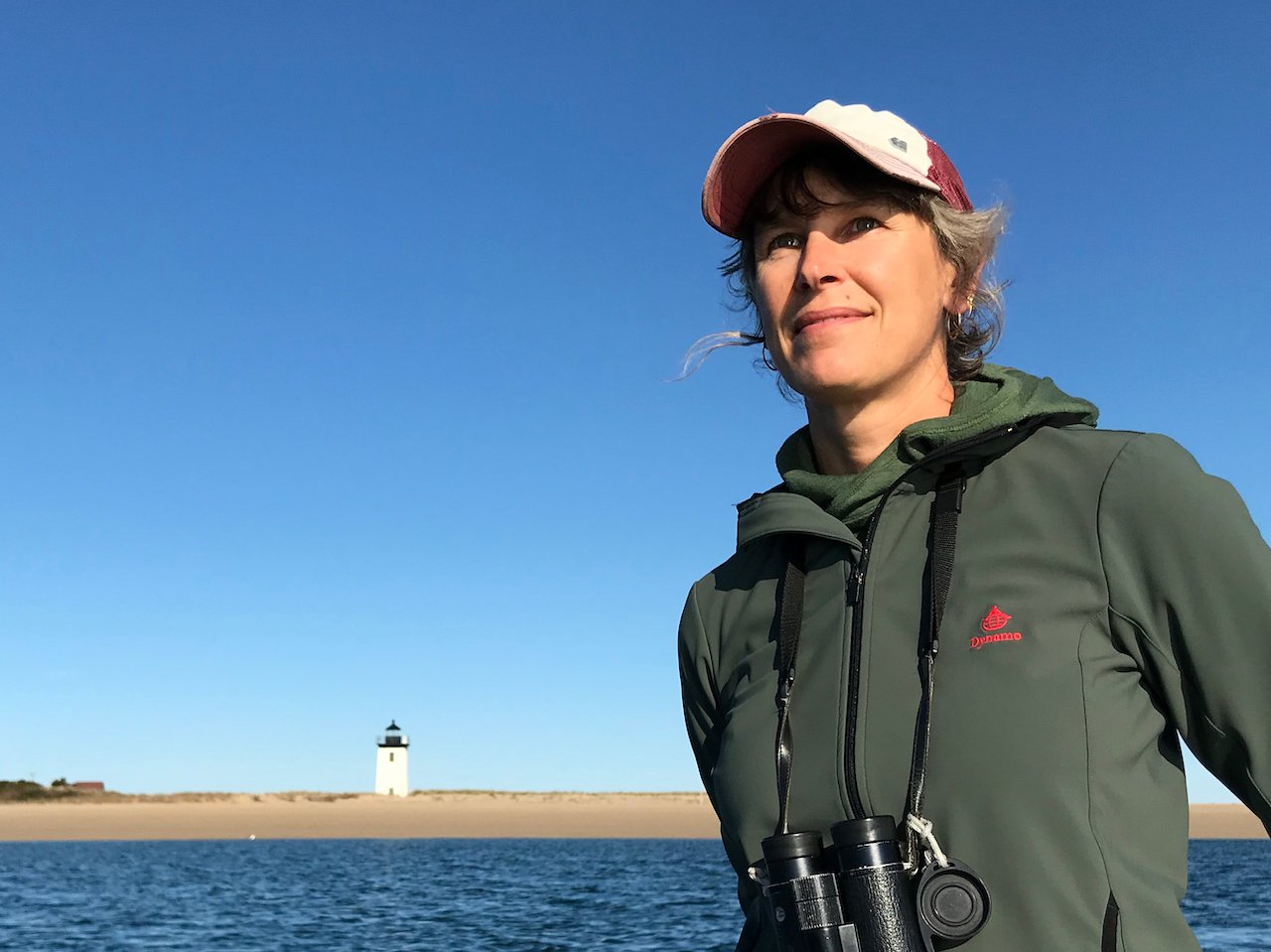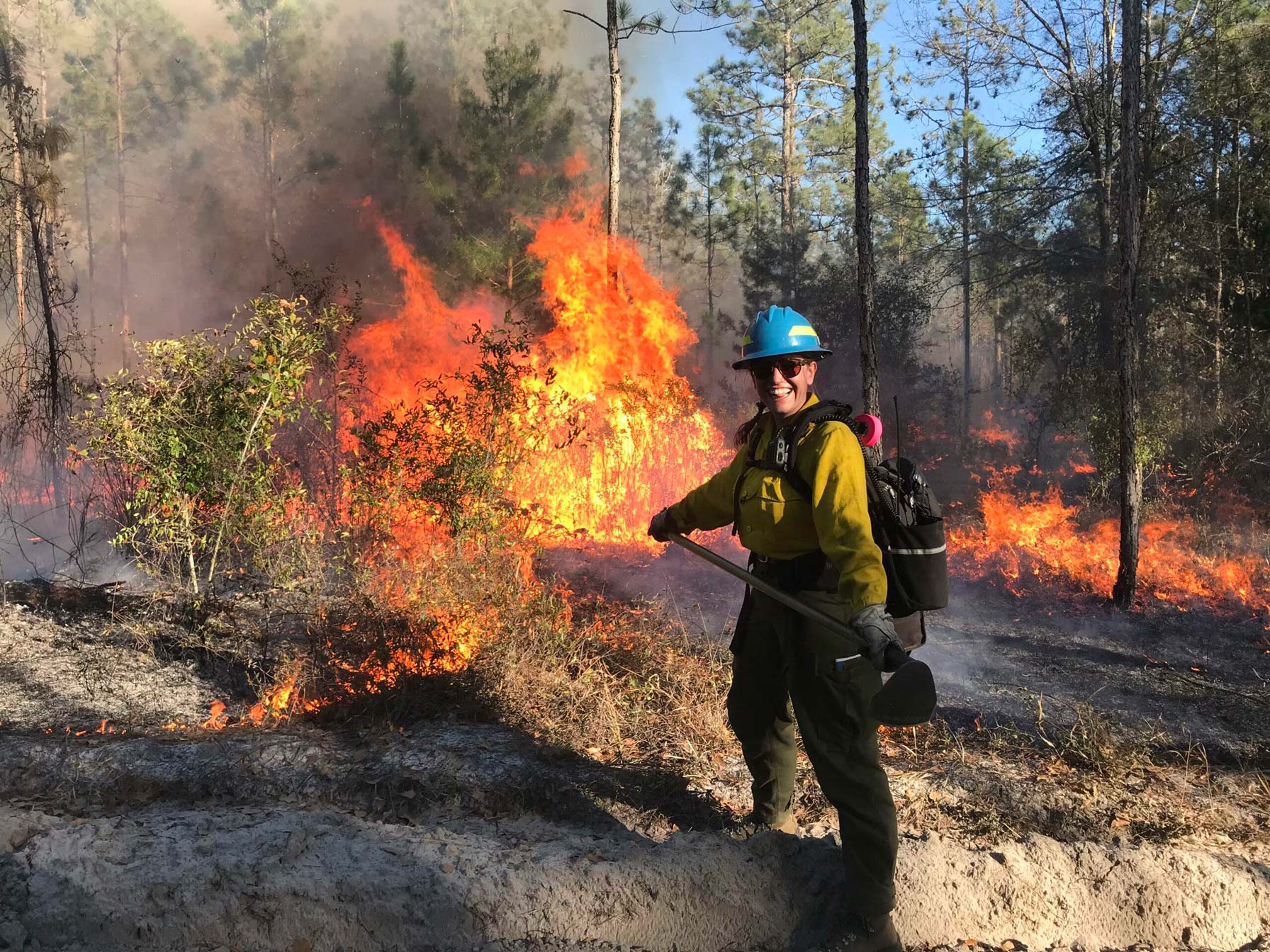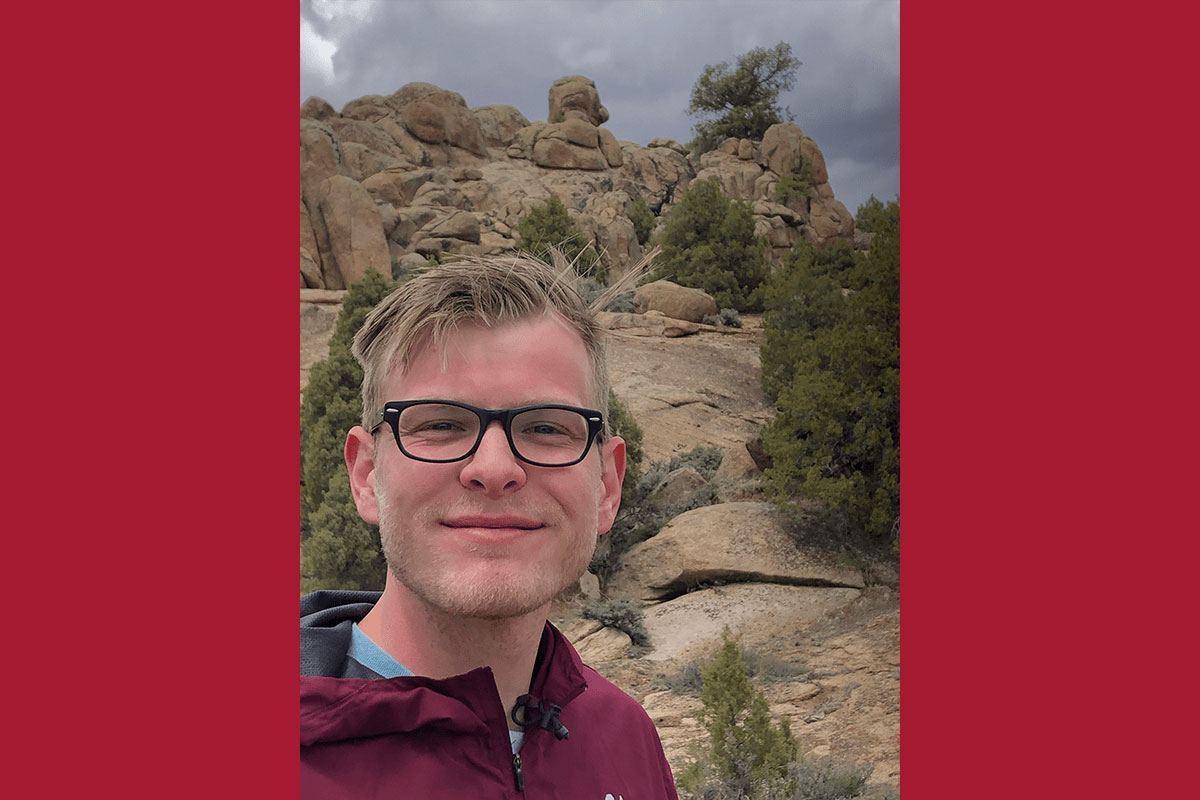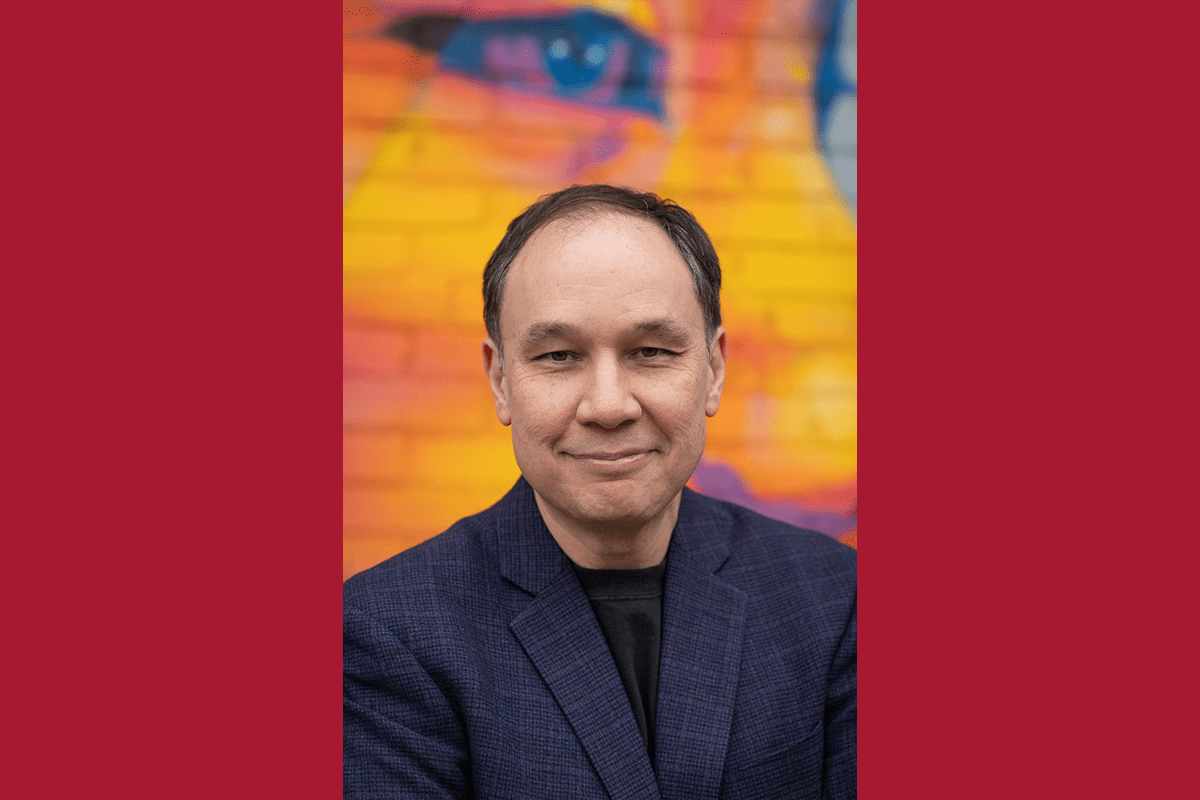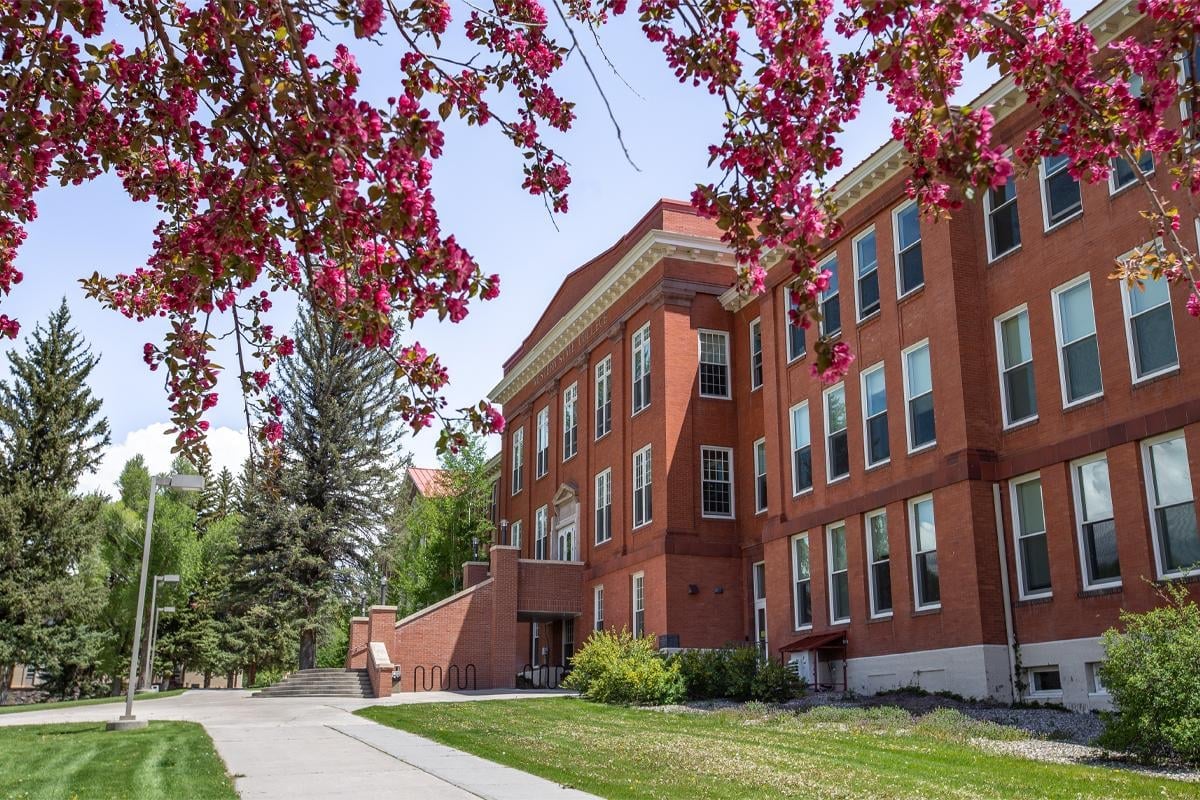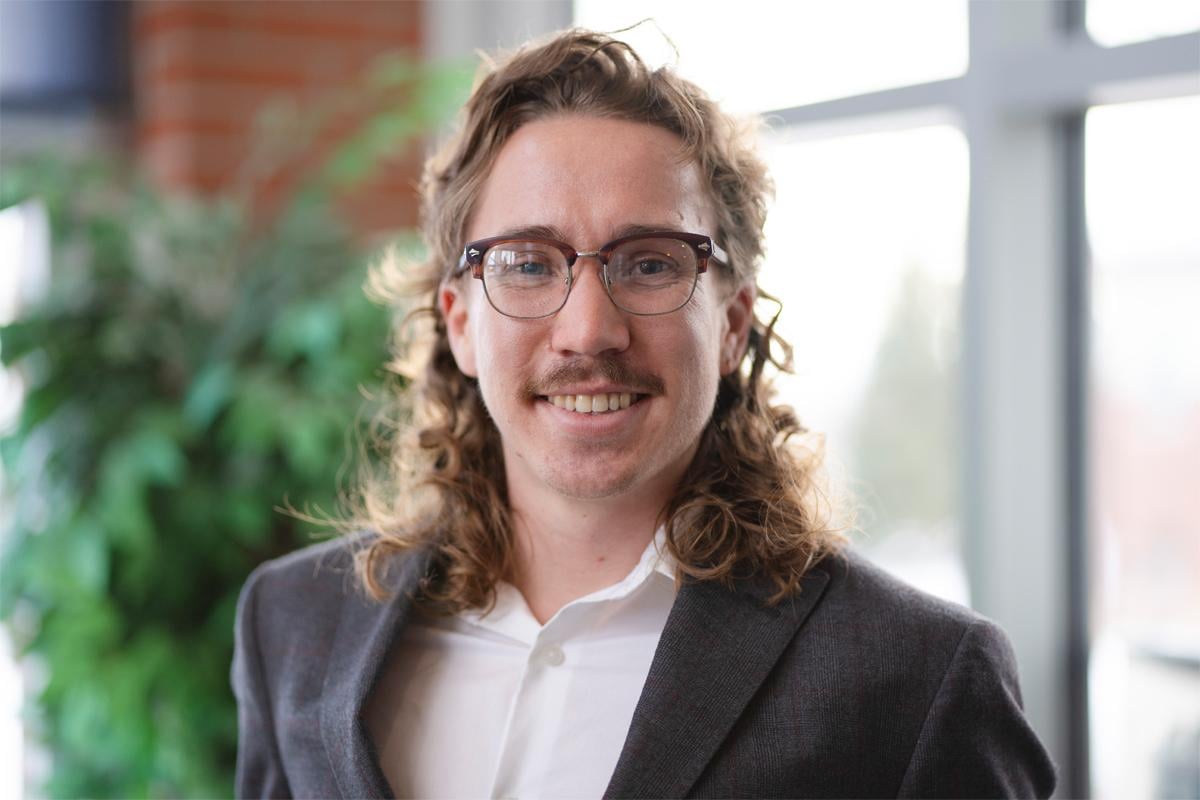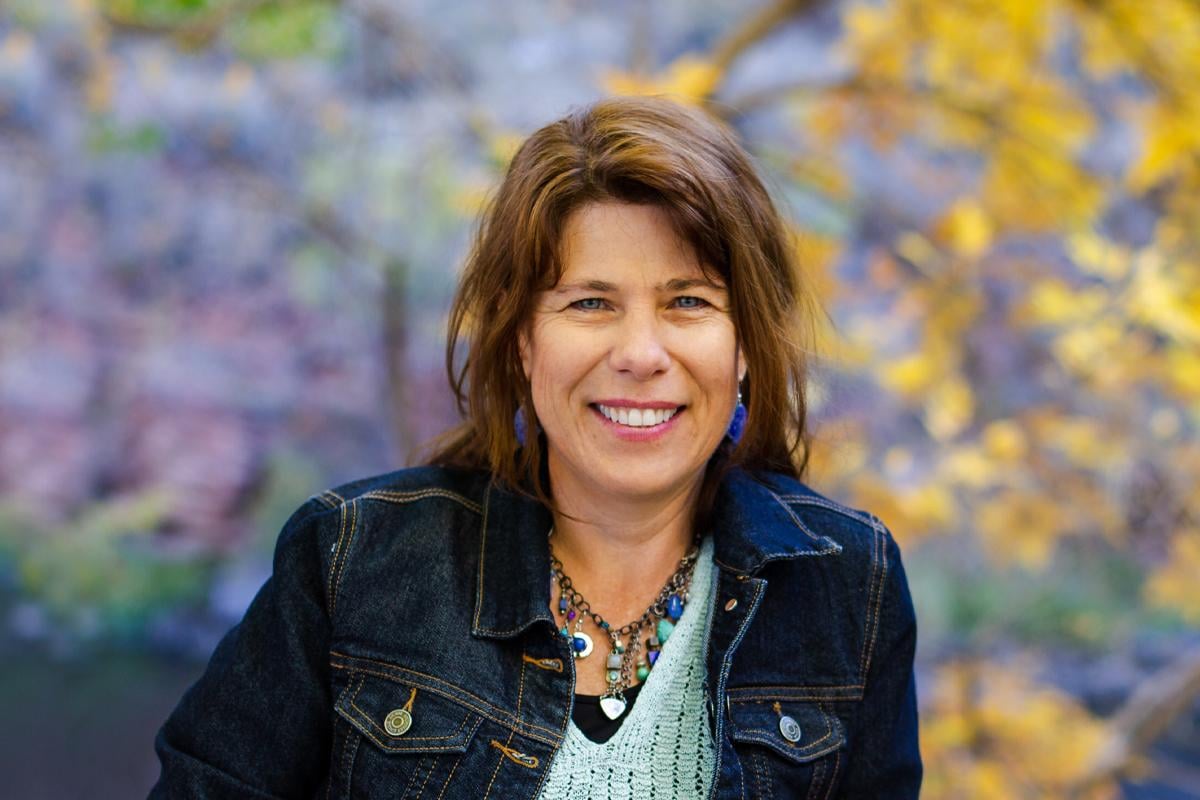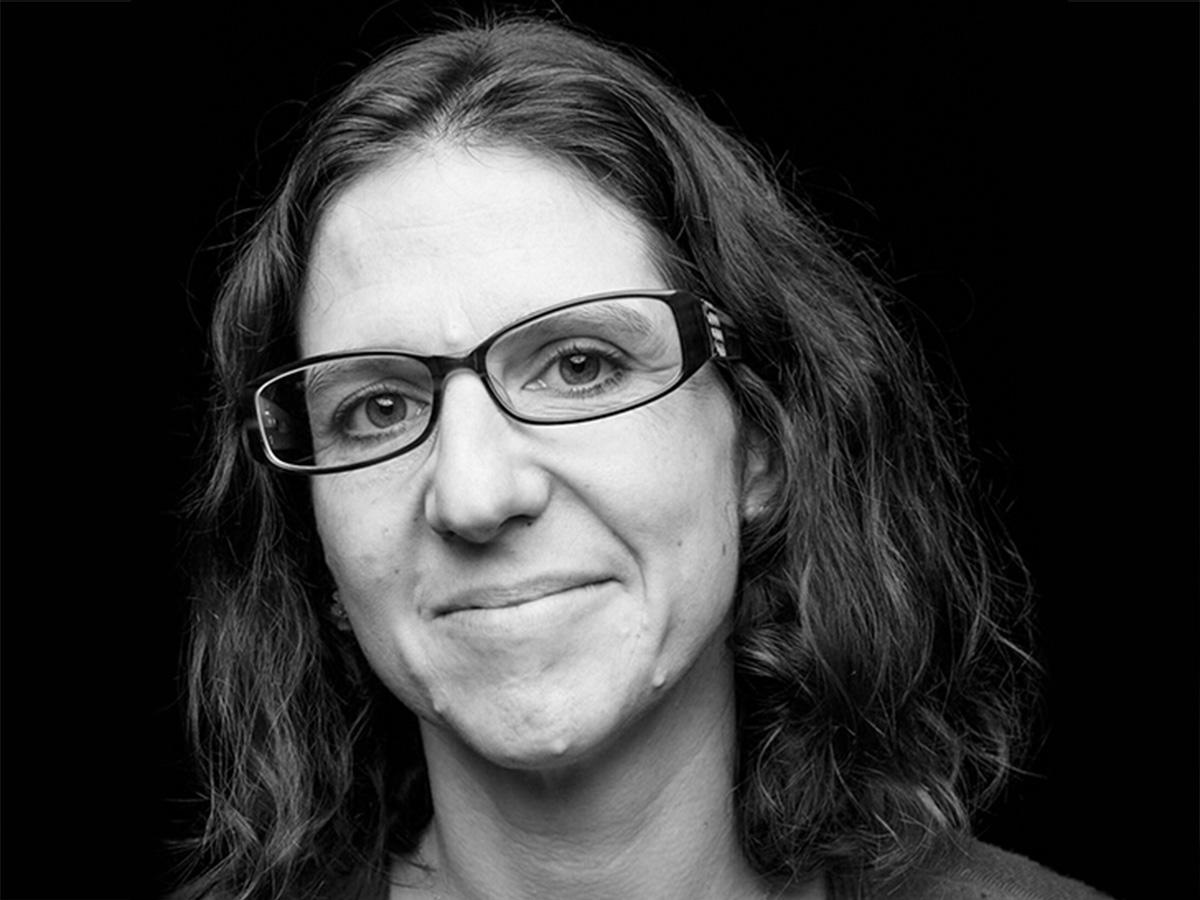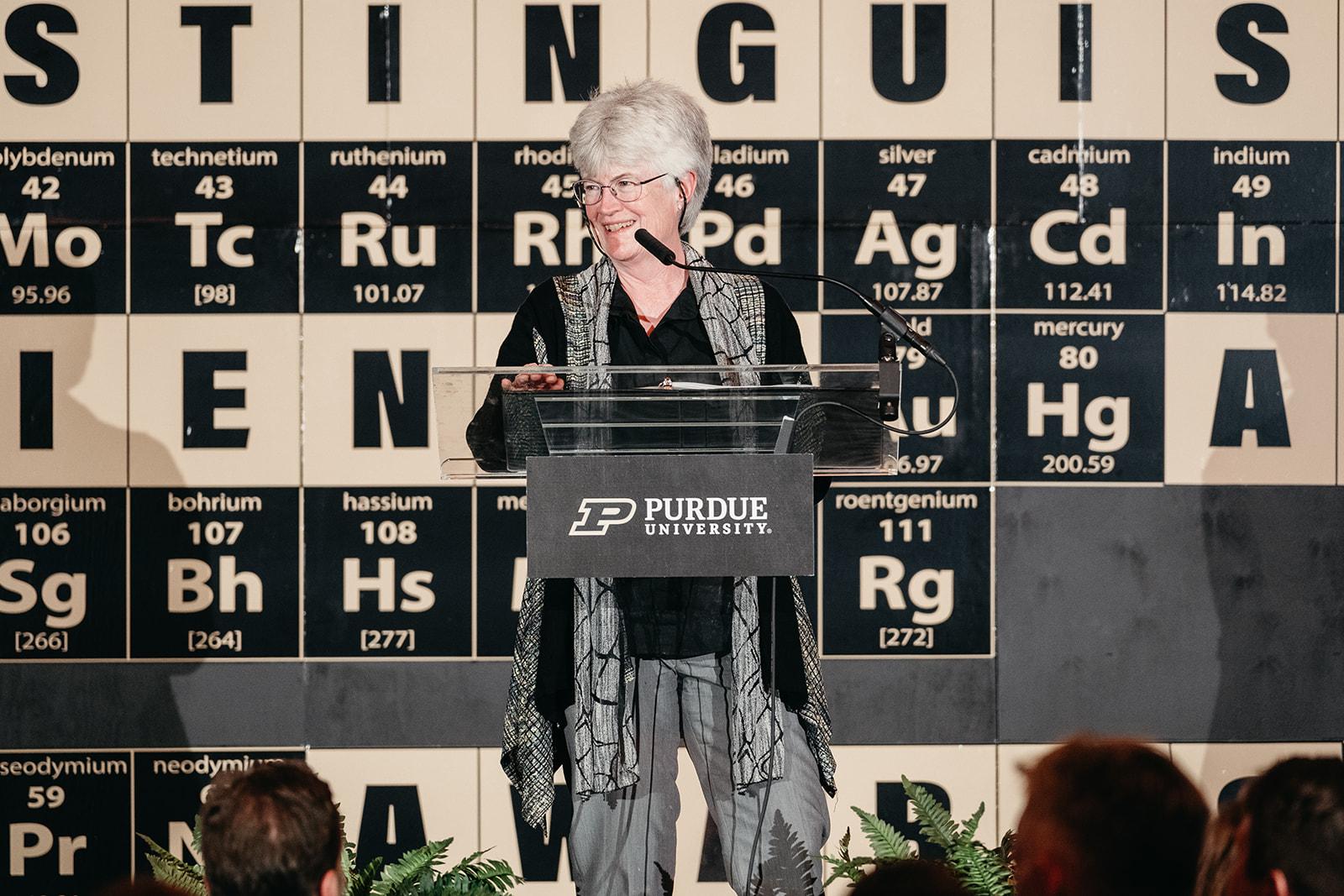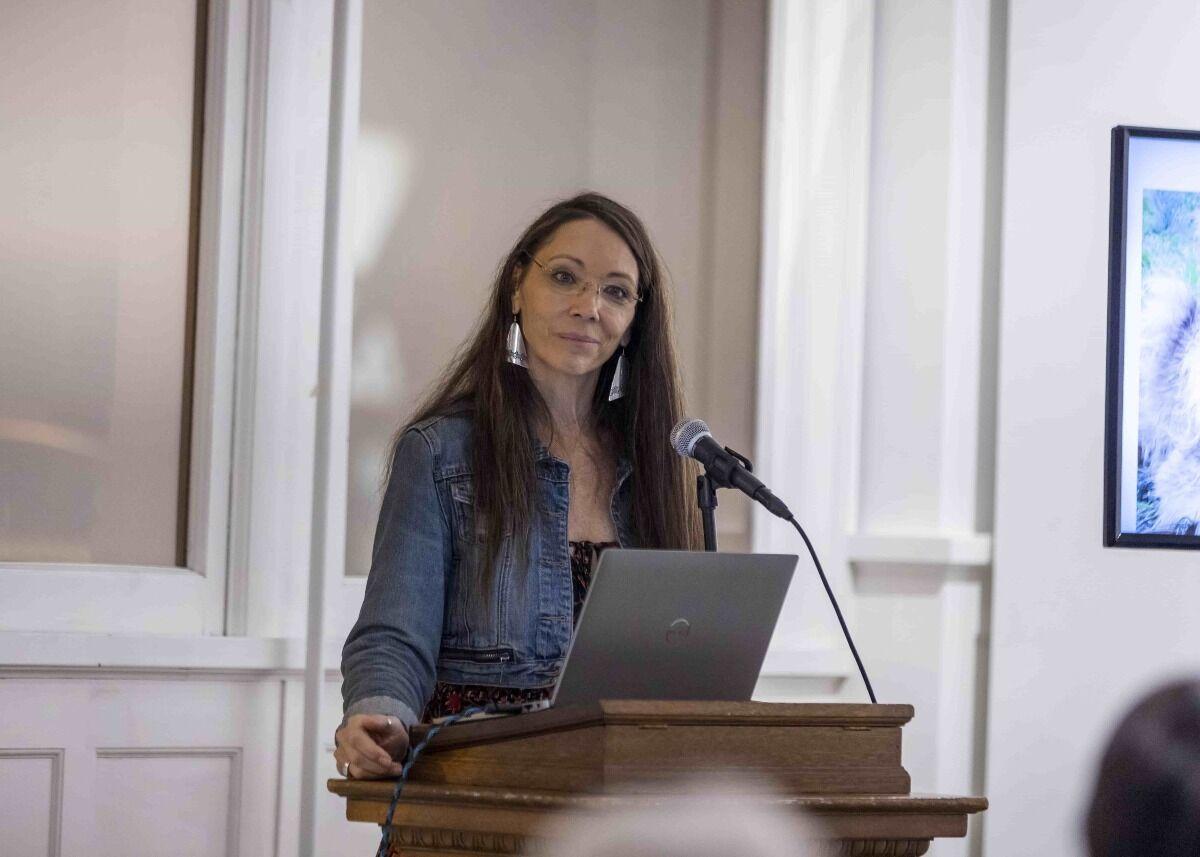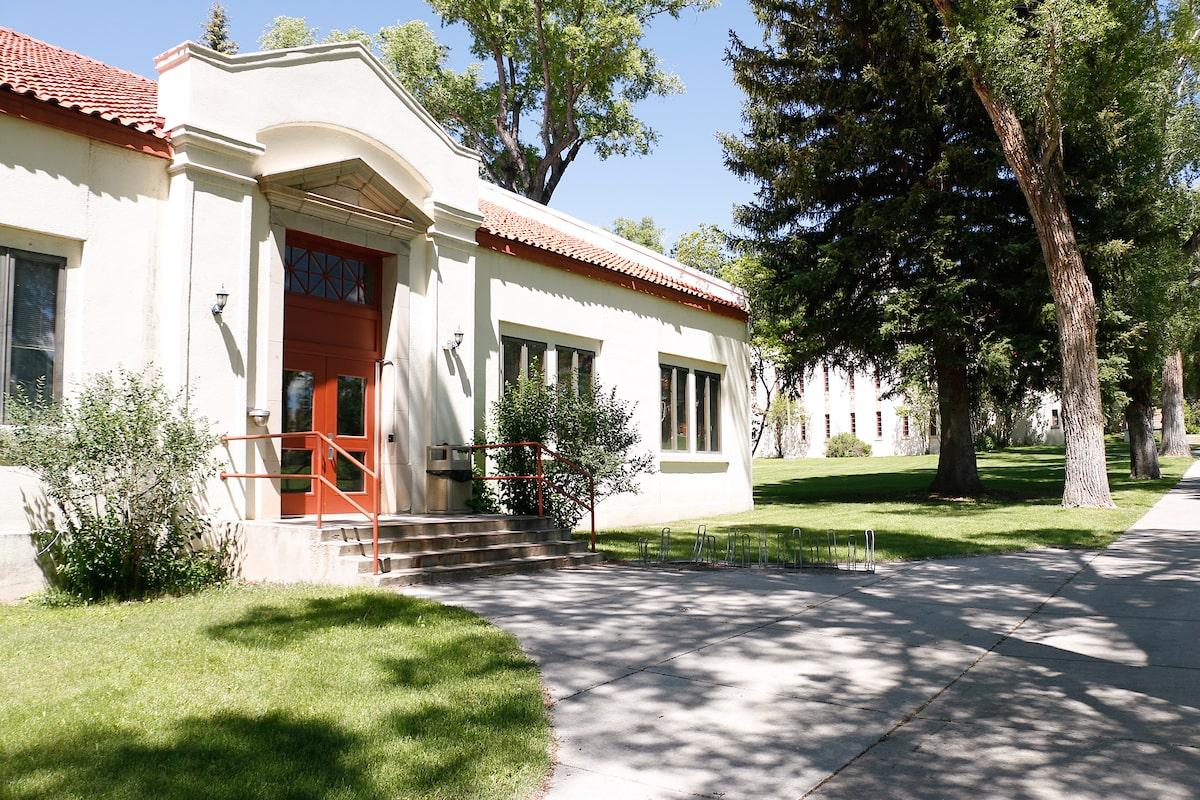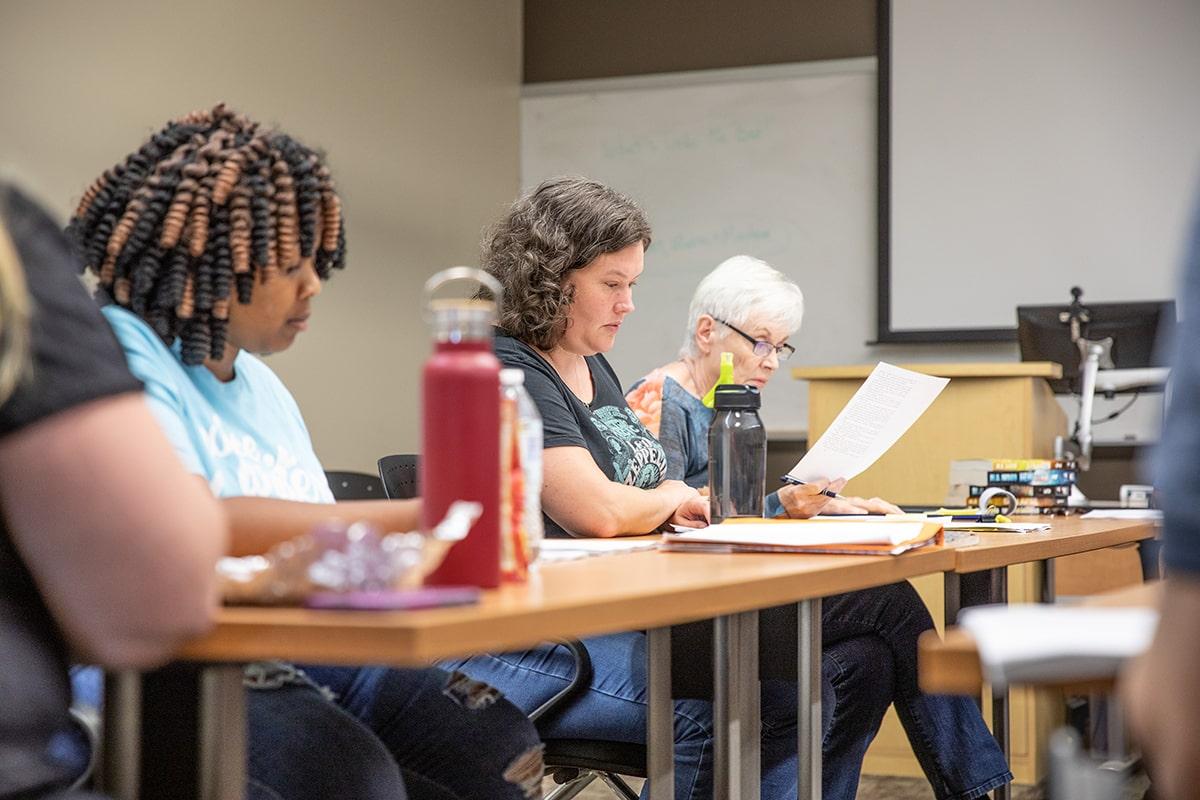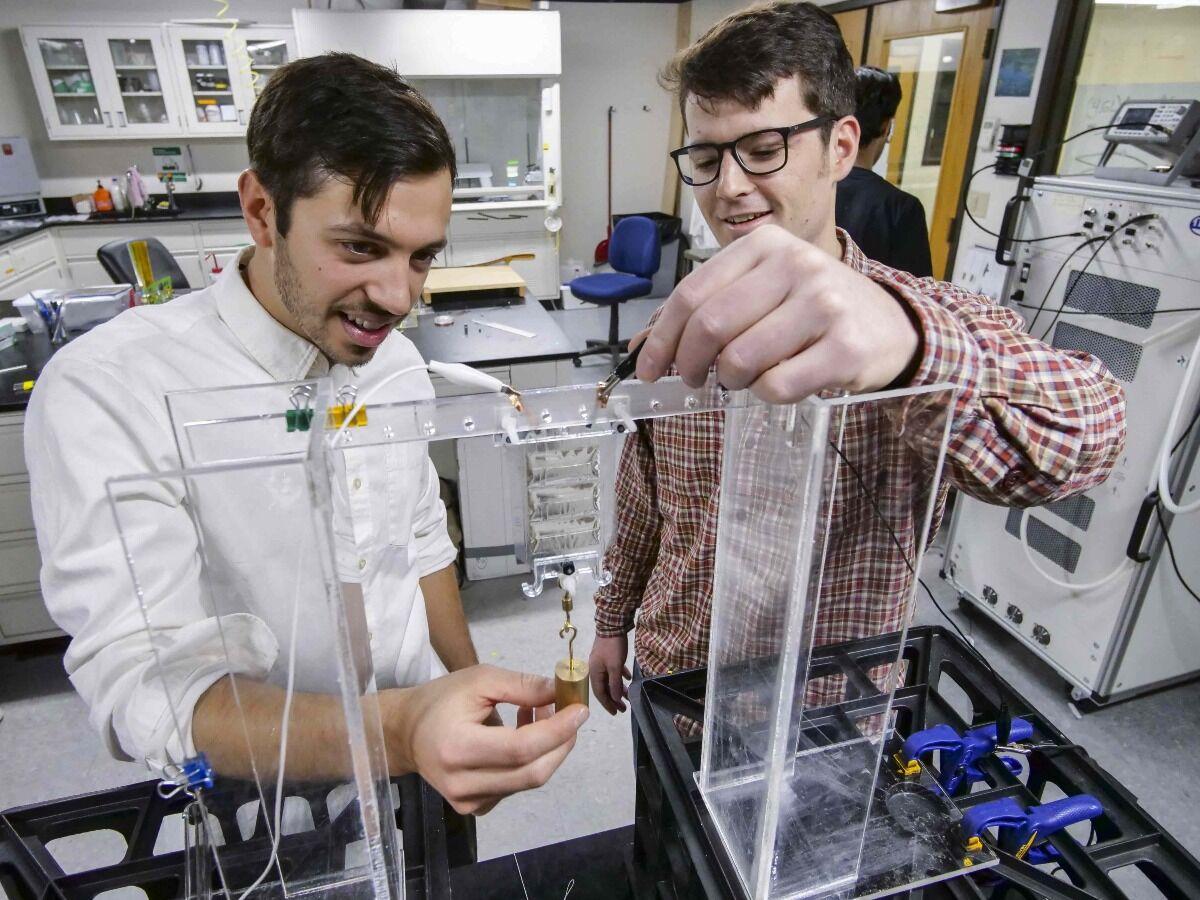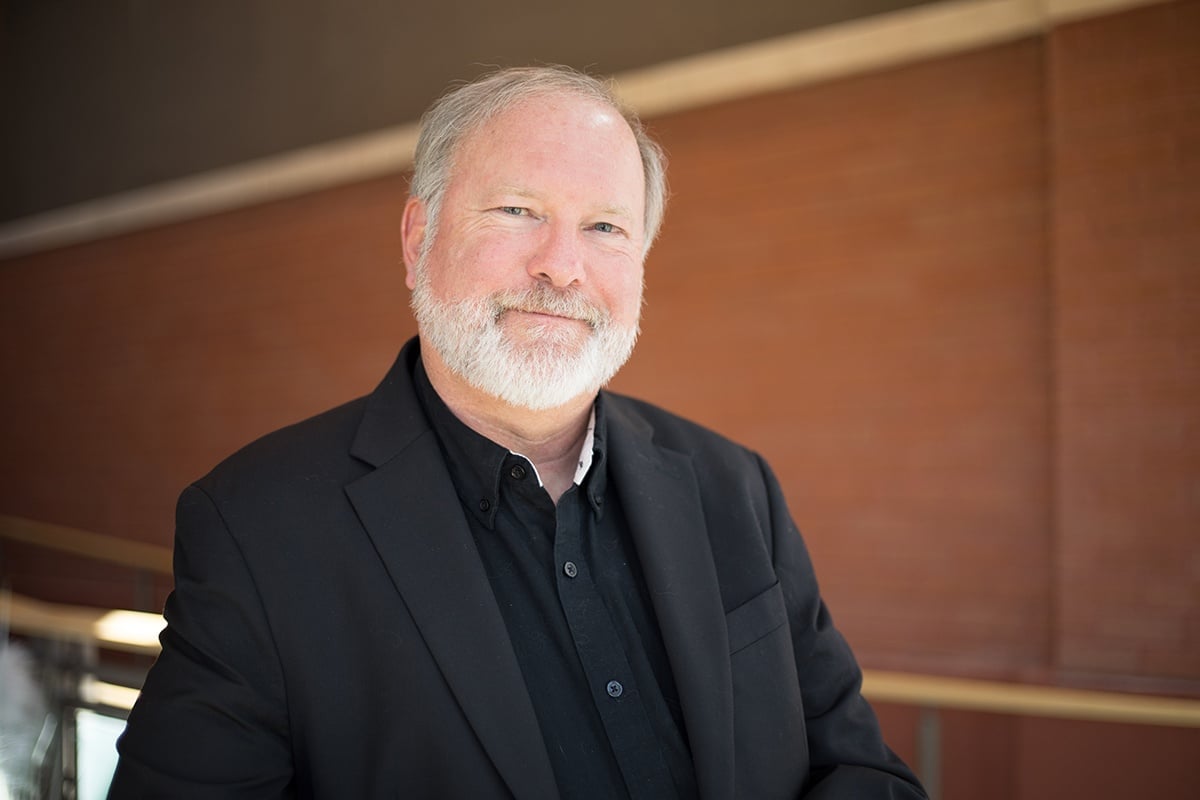Advance health equity and social justice in underserved populations.
The Master of Behavioral Science in Rural Community Health program prepares students for work in behavioral and social science fields, including substance abuse prevention, health promotion, climate change and health, elder care, youth health and empowerment, early childhood interventions, violence prevention, as well as education and advocacy around a range of community issues.
Students pursuing a Master’s in Behavioral Science will sharpen their awareness about suicide prevention, school violence, addictions, trauma-informed interventions, environmental justice, stress and social isolation, reproductive health, poverty, and much more. The program emphasizes culturally sensitive and multiscale definitions of “health” and “health equity” that include evidence-based practices and a variety of strategies for healing, advocacy, education, assessment, research, and consultation.
